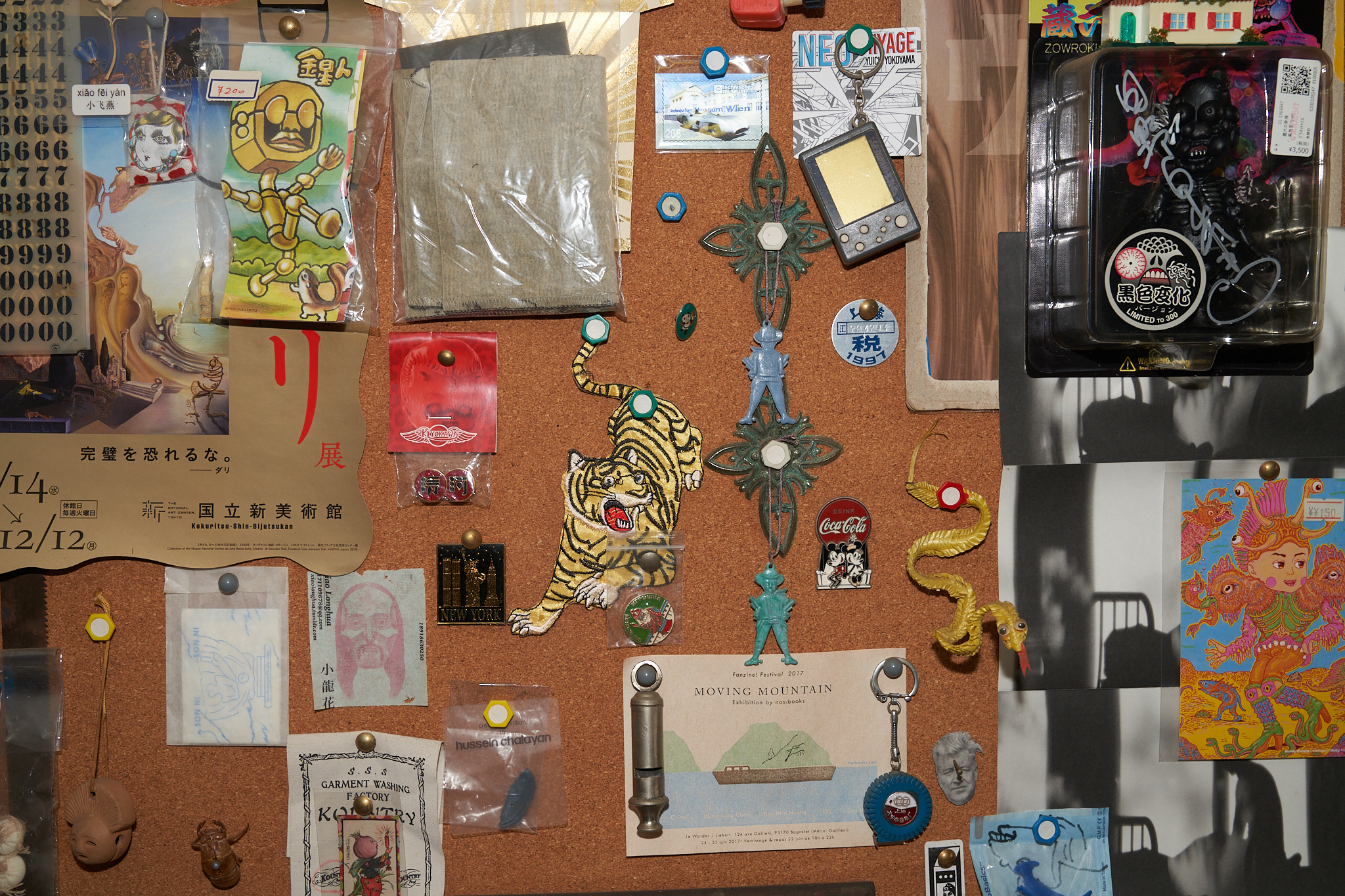VIDEO LANDSCAPE
| August 5, 2015 | Post In 2015年6月号

Courtesy the artist
In Japanese developer Konami ’s video game Contra, the player and his or her character, a special forces commando, are omnisciently aware of their surroundings, synchronized by motion and sense. Although settings are many, spanning thick forests, snow-covered mountains, military bases, and alien home bases, the game is no different from a side-scrolling shooter in which game play expands in only one direction. Modern shooters are much more sophisticated, with music, character design, storyline, and gameplay far exceeding the complexity of the NES days. Visual details approach those of the silver screen. The series Call of Duty uses a first-person shooter narrative based on real historical conflicts, including German-Russian battles during World War II and more recent Middle Eastern wars, often brainwashing users with images of waste and inclement weather.
Mark Tribe, the American artist and founder of Rhizome, illustrates a subsection of virtual landscapes taken from such video games in his 2012 photographic series “Rare Earth.” The landscapes of these images are often tranquil views of nature, like thinly lit forests and tree-lined riverbanks devoid of human beings These landscapes are generated by data; while they simulate reality in an innocent way, Tribe ties them to right-wing paramilitary training exercises planned and strategized in these environments. Popular media’s practice of packaging war into entertainment in order to profit from their consumption is often criticized; the more realistic a game becomes, the more it creates a desire— and skillset—to be hooked up to a real battleground, all while keeping the player safe from actual physical injury. Tribe’s battlefields are viewed from a third-person perspective. In first-person shooters, third-person perspectives are typically used only when the protagonist has died and the player’s imaginary connection to his or her character is severed, creating the artificial experience of symbolic death.
Text by Venus Lau
Translated by Frank Qian

